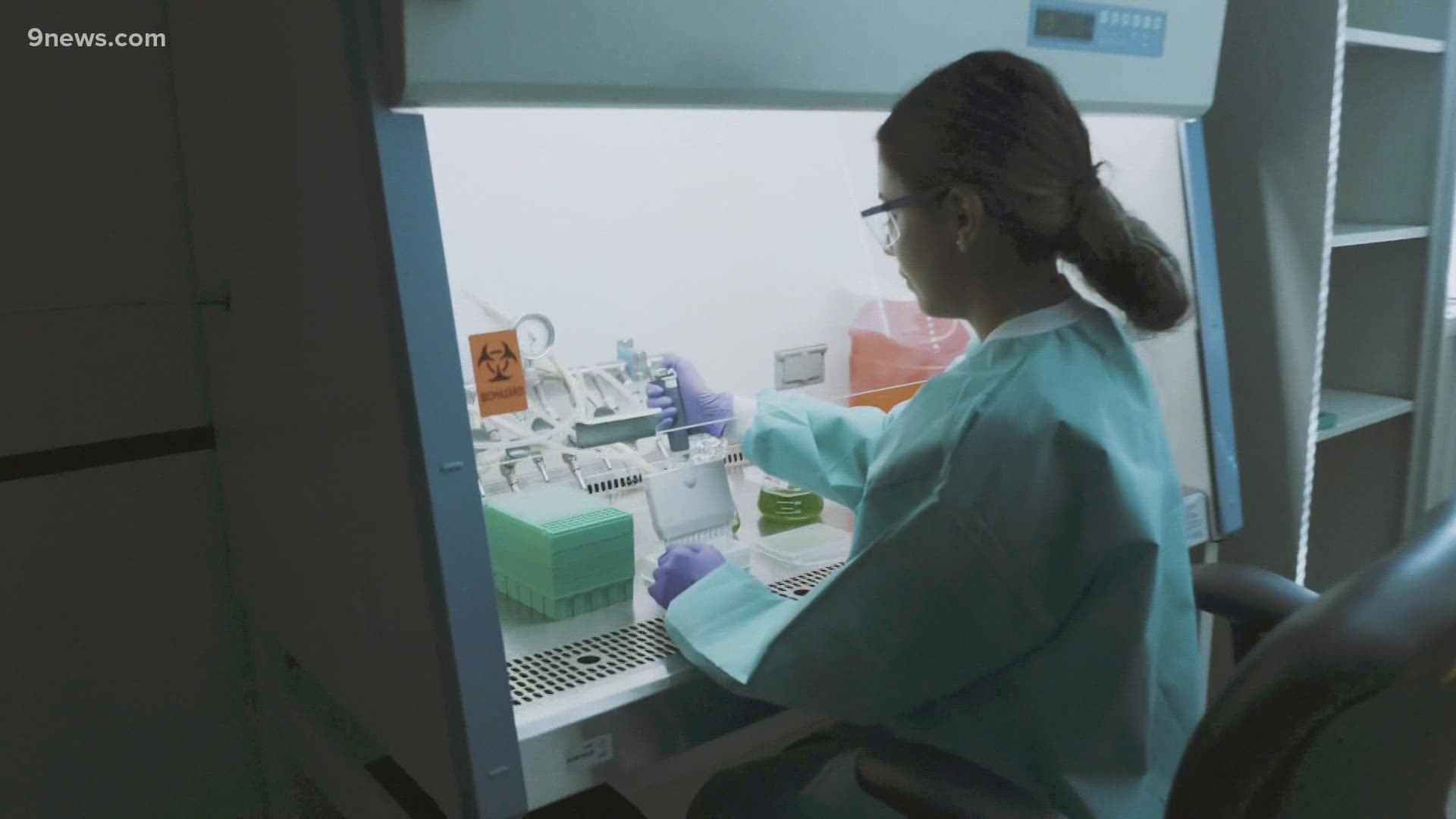WASHINGTON — Researchers in Washington are updating a database on different types of fentanyl to keep first responders safe when they arrive to the scene of an overdose or crime scene.
The idea is to put that information into a handheld device that officers or firefighters can use so they know if the substance they have found is dangerous.
The Department of Homeland Security funded this project at the Pacific Northwest National Laboratory (PNNL) in Washington state.
Just like variants of COVID-19, there are different forms of fentanyl. Enterprise chemists work on analogs of the deadly opioid that are more addictive and easier to make.
Overdoses from the opioid has become a big problem recently in Colorado. The state's health department found nearly half of the overdose deaths in 2021 involved fentanyl.
First responders are coming across this drug more often, and in some cases have a reaction to the exposure.
According to the U.S. Attorney's Office, a K-9 officer in Arkansas became unconscious while conducting a search in 2021 and experienced symptoms of a fentanyl overdose due to exposure to the drug found in the suspect's car.
To help first responders find out if a drug is fentanyl, regardless of its form or analog, a team at PNNL is updating a database first responders use to identify hazardous substances they encounter.
Police and firefighters can use a handheld device that taps into this database so they can find out what type of drug they found.
PNNL believes each addition to the fentanyl catalog improves safety for law enforcement and other first responders.
This database isn't just for fentanyl. PNNL has also added chemical structures to the library that include information on drugs like heroin and cocaine. According to PNNL, the bigger library will decrease the chance that a first responder will come across a drug they can't identify.
Manufacturers of the devices from across the country are interested in this fentanyl detection technology, according to PNNL.
SUGGESTED VIDEOS: Latest from 9NEWS

